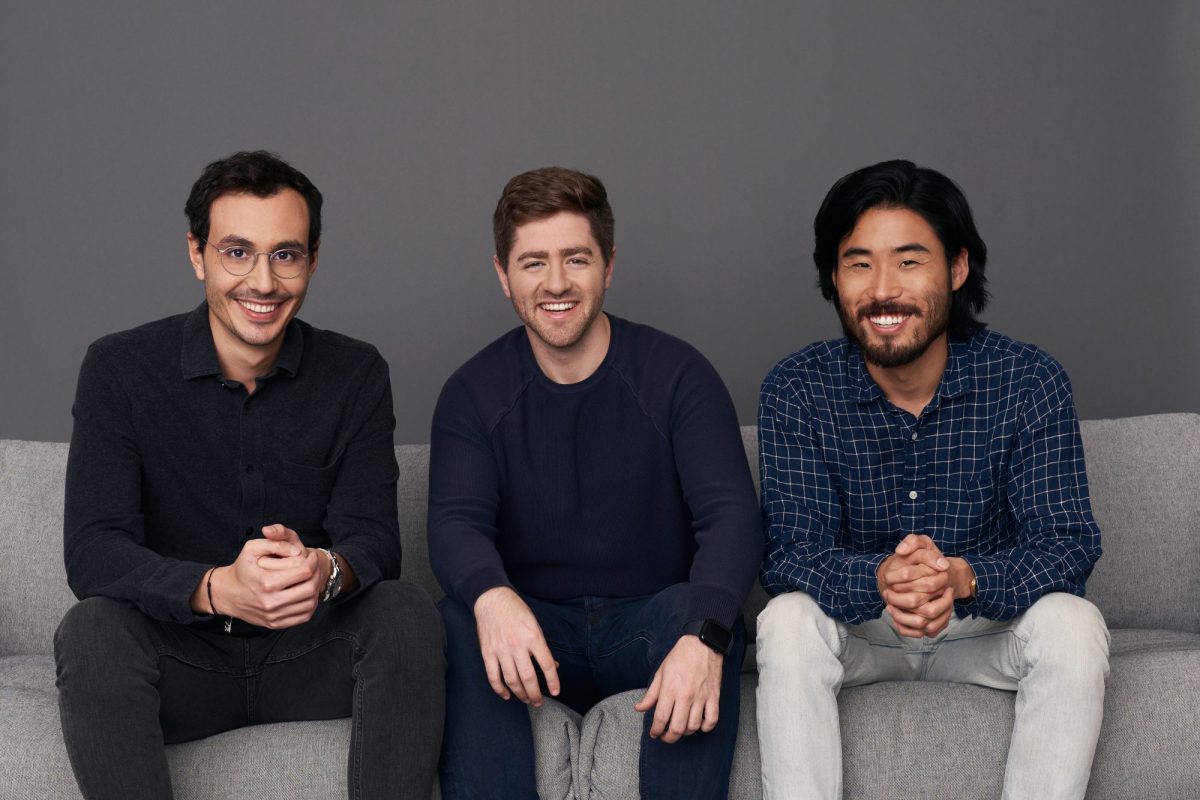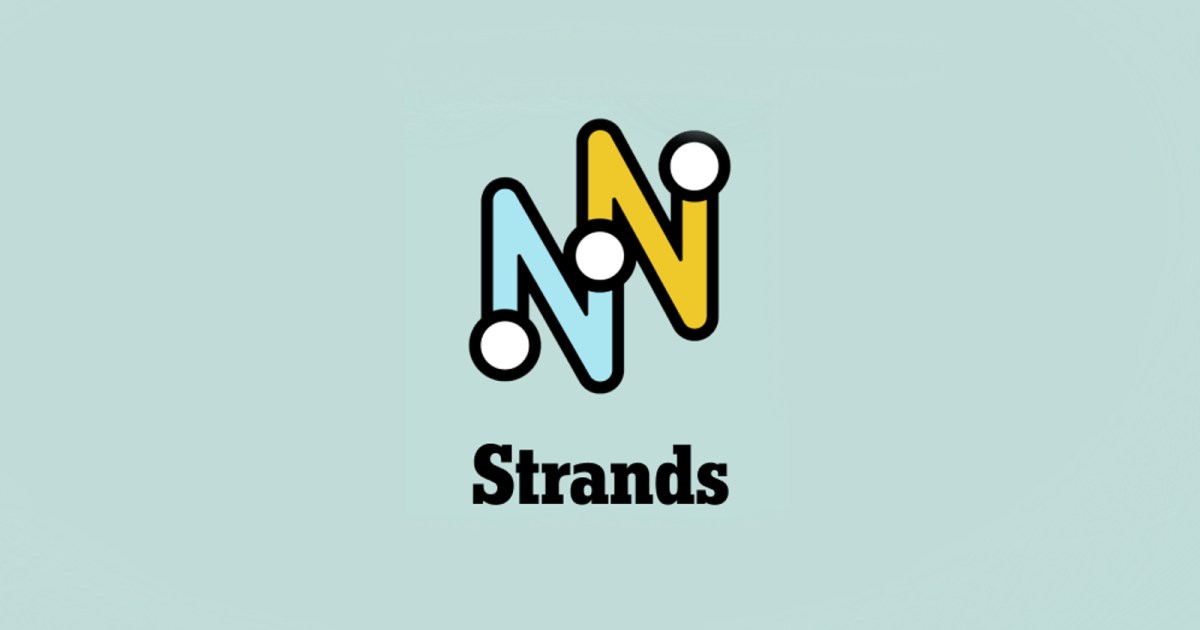A four-year-old London startup backed by Peter Thiel has raised a $55 million Series B round as it sets about “fixing the broken clinical trial industry.”
The announcement comes as artificial intelligence is shaping up to revolutionize drug discovery and development, in turn spurring demand for a streamlined clinical trial process to help get new medicines to market quicker.
Lindus Health has built a platform that covers the entire end-to-end process of running clinical trials, with automation playing a central role — as such, Lindus calls itself the “anti-CRO” (contract research organization). A CRO, for the uninitiated, is an external organization used by pharmaceutical, biotech and medical device companies for carrying out crucial clinical research, which enables those companies to focus more on their core drug development work.
The CRO market was pegged as a $82 billion market last year, and is predicted to grow to $130 billion by the end of the decade.
Trials and tribulations
While clinical trials vary in size and scope, they typically involve several stages from start to finish, which includes designing the trial as well as building a protocol and regulatory submission package. After that, they have to set up the technology to run the trails, recruit patients, and collect data. Altogether, this can take years, so when a potentially life-saving drug is on the cards, anything that can speed things is a good thing.
Lindus says it can streamline many parts of this process using machine learning, for instance to design the initial protocol (a detailed plan), which can be very labor-intensive. For this, Lindus has built a protocol generation tool trained on historical data that can create an initial draft.
While its software is a large part of Lindus’ offering, co-founder Meri Beckwith (pictured above right with co-founders Michael Young and Nik Haldimann) stresses that the company delivers everything that’s needed for running a full end-to-end clinical trial, including the staff necessary to conduct it.
“We’ve directly enrolled and provided treatment for more than 35,000 patients now. On staff, we have medics, doctors, technologists who are overseeing the trial data, clinical operations and regulatory folks,” Beckwith told TechCrunch in an interview last week.
 Lindus Health’ platform in actionImage Credits:Lindus Health
Lindus Health’ platform in actionImage Credits:Lindus HealthFounded in 2021, Lindus Health has so far delivered clinical trials across Europe and the U.S., focusing on conditions such as asthma, acne, chronic fatigue syndrome, diabetes, hypertension, weight management and social anxiety. These trials are either for trialing drugs or testing new medical devices.
“What you might notice is in common with a lot of these, and what gets us excited, is that these are quite complex, prevalent conditions that a lot of people suffer from, and frankly, they have been neglected by the industry,” Beckwith said.
Drug discovery
While the rise of AI is leading to all manner of ethical and legal quandaries, one area that seems to be exciting many people is its potential applications in health care, particularly in drug discovery.
A slew of startups have raised truckloads of capital to apply AI to the drug discovery process, and the company at the heart of much of this is Google’s DeepMind. Back in October, DeepMind CEO Demis Hassabis and John Jumper scooped the Nobel Prize in Chemistry for AlphaFold, a deep learning model capable of predicting the 3D structure of proteins — data that’s crucial for disease research and helping scientists uncover novel drug candidates.
Hassabis predicts that all human diseases could be cured within a decade thanks to these advances. While some of the early indications are positive, clinical trials will be pivotal to proving the technology’s true worth. As with the drug discovery industry, many startups have been raising venture capital to modernize the dusty old clinical trial industry.
This raises an important question: Is all the hullabaloo around AI drug discovery leading to a greater demand for clinical trial technology?
Beckwith, for his part, thinks there is a correlation.
“Frankly, all these AI drug discovery companies are not going to have the impact they deserve unless we fix this bottleneck in clinical trials,” he said. “The average AI drug discovery company spits out targets and hypotheses about this drug, or that patient population, but you still have to test them.”
For a pure software firm, the concept of rapidly testing, iterating and shipping code is fairly well ingrained in company culture. But in biotech, even where software is central to operations, it has been difficult to adopt such a “move fast and break things” mantra.
This is for good reason, of course, as there is a world of difference between building a fashion marketplace and developing life-saving pharmaceuticals. However, Beckwith says things can be greatly improved with more efficient clinical trial infrastructure.
“Our mission as a company is to help these biotech companies test and iterate more rapidly, and more safely with patients,” he said.
‘Scratching the surface’
Lindus Health had previously raised around $25 million in equity and grant funding, including an $18 million Series A round in 2023 from the likes of Spotify investor Creandum and billionaire entrepreneur Peter Thiel. With a fresh $55 million in the bank, the company is preparing to accelerate its expansion, which includes moving its global headquarters from the U.K. to the U.S. — a transition that’s currently underway.
Moreover, Lindus plans to invest more resources in its commercial go-to-market team, expand into “more complex” clinical trial types, and bolster its integrations with third-party tooling such as electronic medical records.
As with any company worth its salt in 2025, Lindus is also exploring more applications for AI across its business, including ways to analyze clinical trial data in real-time.
“We’re just scratching the surface of what we can do with AI,” Beckwith said.
Lindus Health’s Series B round was led by Balderton Capital, with support from Creandum, Firstminute, Seedcamp, and Visionaries.




















 English (US) ·
English (US) ·